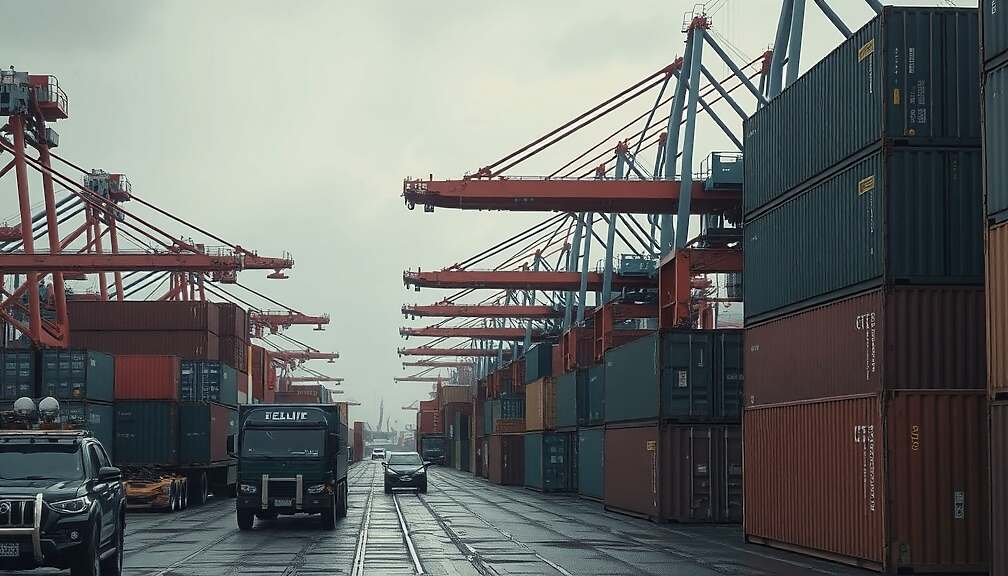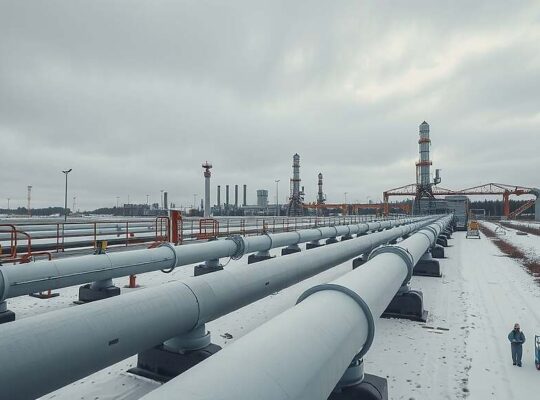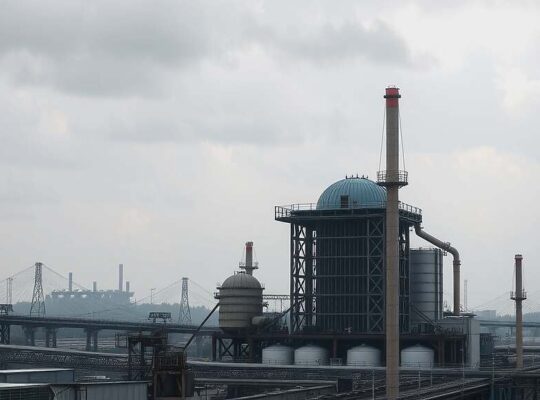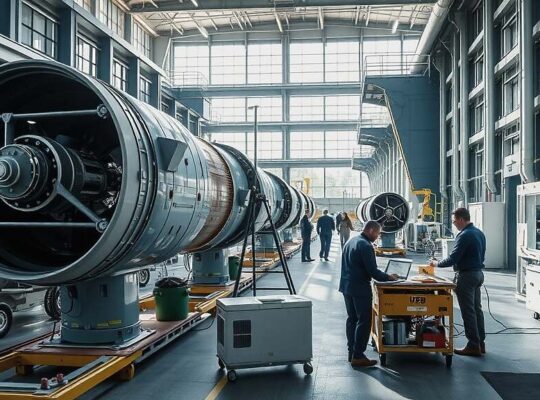Europe’s reliance on China for crucial pharmaceutical ingredients is escalating, raising serious geopolitical concerns and prompting urgent questions about strategic vulnerability. A newly released study commissioned by the Pro Generika industry association and reported by the Süddeutsche Zeitung, highlights a deliberate effort by China to cultivate this dependence, creating a precarious situation for European healthcare systems.
The study’s authors warn that geopolitical tensions or Chinese export restrictions could trigger severe disruptions in the supply chain, leading to critical shortages. Andreas Burkhardt, chairman of Pro Generika, bluntly stated, “We have entered a massive dependency on China. This makes us politically vulnerable”. He emphasized that China is actively pursuing its own geopolitical interests and the current situation constitutes a significant risk.
Initially, the dependence centered around generic drugs. However, a similar trend is now emerging regarding biosimilars – complex versions of biotechnologically produced pharmaceuticals. Even more concerning is China’s burgeoning capacity for innovation. Jasmina Kirchhoff, a co-author from the Institute of German Economics (IW) in Cologne, noted that China is no longer solely focused on replicating existing drugs. The nation has firmly established itself as one of the world’s most active centers for patent filings.
The study’s findings extend beyond active pharmaceutical ingredients (APIs), the key components responsible for therapeutic effect. Crucially, production of these APIs requires precursor substances like alkaloids, vital for manufacturing specific pain medications. Here, reliance on Chinese suppliers is particularly acute. According to David Francas from the Healthcare Supply Chain Institute, “The further we trace back the supply chain, the greater the dependence”. He cited instances where specific precursors are sourced almost exclusively from China, a situation exemplified by Metformin, Germany’s most widely prescribed diabetes medication.
The report’s authors are explicitly questioning the response of European policymakers, implicitly accusing them of complacency in allowing this dependency to develop. The escalating situation demands an urgent re-evaluation of supply chain security strategies and a proactive shift towards diversifying sources and fostering domestic production capabilities – a challenge complicated by the complexities of pharmaceutical manufacturing and the inherent cost advantages currently afforded by Chinese suppliers. The long-term implications for European public health and strategic autonomy are potentially profound.












